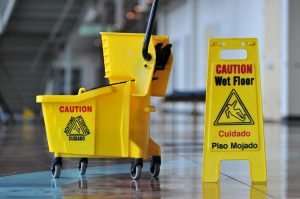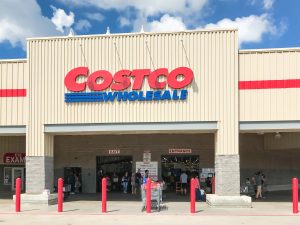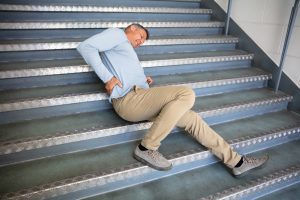In California, plaintiffs have the burden of proving all of the elements of negligence when they file personal injury lawsuits. This includes presenting evidence that the defendant’s negligent conduct caused the plaintiff’s injuries and resulting losses. It is often necessary to present expert witness testimony to prove causation. When a defendant objects to a plaintiff’s witness being qualified to testify as an expert, the court must evaluate the witness’s testimony under the substantial factors standard. In
Brancati v. Cachuma Village, Inc., Cal. Ct. App. Case No. B321616, the California Court of Appeal considered whether a trial court erred when it found that a plaintiff’s proposed expert witness was not qualified to testify about causation.
Factual and Procedural Background
Dana Brancati signed a month-to-month apartment lease with Cachuma Village, Inc. in 2012 and continued to live there from April 2012 to April 2016. While she lived there, she complained to her landlord about mold in her apartment and the company’s failure to remediate the issue. In 2016, Insight Environmental assessed Brancati’s apartment and found high levels of several species of toxic mold on her premises. She then filed a lawsuit against Chachuma Village, alleging the company had breached the warranty of habitability, constructively evicted her, caused her personal injuries, and committed fraud. Brancati attributed her respiratory illnesses to the toxic mold and claimed $500,000 in damages.
 California Accident Attorneys Blog
California Accident Attorneys Blog






